This NASA University Leadership Initiative (ULI) project, SALA^4, focuses on advancing the safety and resilience of next-generation Advanced Air Mobility (AAM) systems through the development of intelligent autonomy and adaptive control technologies.
The research aims to enable real-time detection, self-assessment, and response to abnormal conditions, allowing autonomous systems to adjust their behavior dynamically while maintaining safety under operational constraints.
These capabilities will support intelligent decision-making and resilient control in complex aviation environments, ensuring safe and reliable operations even in the presence of unexpected events or disturbances.
The project brings together the combined expertise of four academic institutions, a leading industry partner, and a national research laboratory.
This multidisciplinary collaboration bridges academia and industry to accelerate innovation in aviation safety and autonomy, and to support the integration of autonomous safety architectures into commercial and regulatory frameworks.
Beyond technical advancements, this initiative places strong emphasis on education and workforce development.
It will provide research opportunities and career mentoring for both undergraduate and graduate students, as well as support the development of new course materials to cultivate the next generation of aerospace professionals.
Research
Future AAM vehicles are expected to incorporate non-traditional components with high degree of intelligence to maintain the vehicle’s operational safety and performance while dealing with unexpected events and emergencies. The development of a comprehensive self-diagnosis and prognosis approach with cognitive properties will play a vital role in AAM operations as it will increase safety assurance by maintaining mission requirements under operational constraints. The general goal of this ULI project is to overcome long-standing limitations in current knowledge that have limited and/or delayed the integration of AAM systems into the NAS. We are developing a safety assurance multi-functional system with self-learning attributes, that enables reliable supervision, management, and control of AAM vehicles. The system generates safety-related specifications that are then integrated to generate optimized safe trajectories and bounded learning control actions under ``learned” operational constraints. In addition, we are developing cognitive performance metrics to constantly monitor the efficiency of the intelligent components within the safety assurance architecture.
Faculty
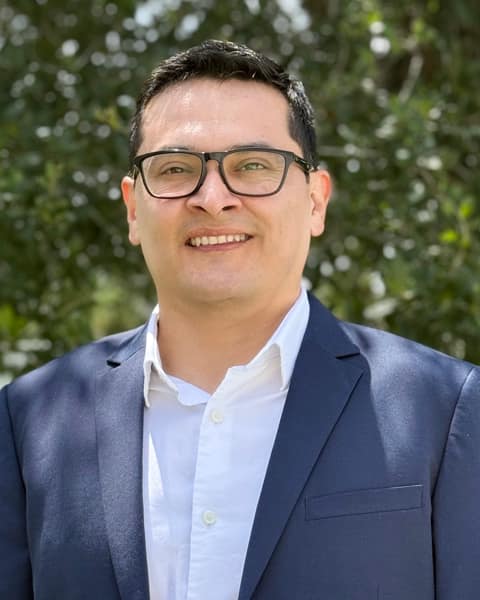
Hever Moncayo, PI
Professor of Aerospace Engineering
Embry-Riddle Aeronautical University

Merve Dogan
Assistant Professor of Aerospace Engineering
Embry-Riddle Aeronautical University

Victor Fraticelli
Assistant Professor in Aeronautical Science
Embry-Riddle Aeronautical University
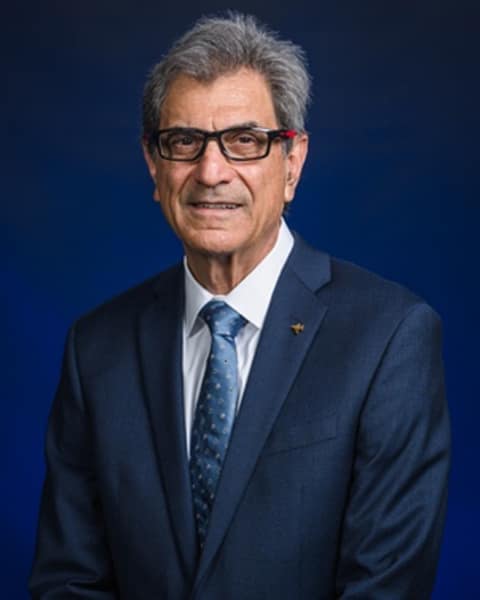
Maj Mirmirani
Professor Emeritus of Mechanical Engineering
Embry-Riddle Aeronautical University
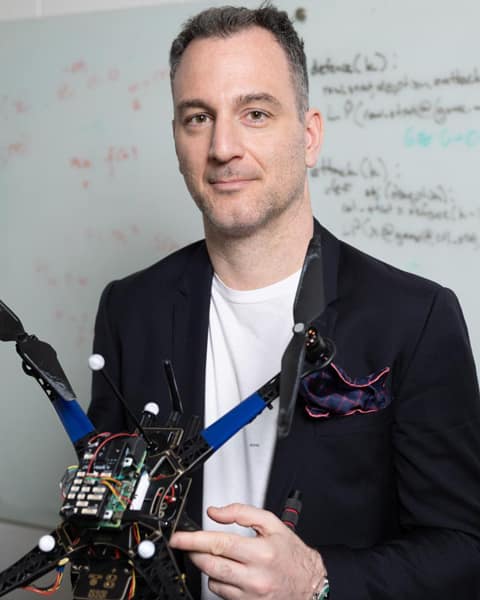
Kyriakos Vamvoudakis
Dutton-Ducoffe Endowed Professor of Aerospace Engineering
Georgia Institute of Technology

Petros Ioannou
A.V. "Bal" Balakrishnan Chair
Professor of Electrical and Computer Engineering,
Aerospace and Mechanical Engineering, and Industrial and Systems Engineering
University of Southern California

Nicholas Gans
Associate Professor Computer Science and Engineering
University of Texas at Arlington

Yijing Xie
Assistant Professor Electrical Engineering
University of Texas at Arlington

Nirmit Prabhakar
Aerospace Engineer of Vehicle Mobility and Simulation
Argone National Laboratory
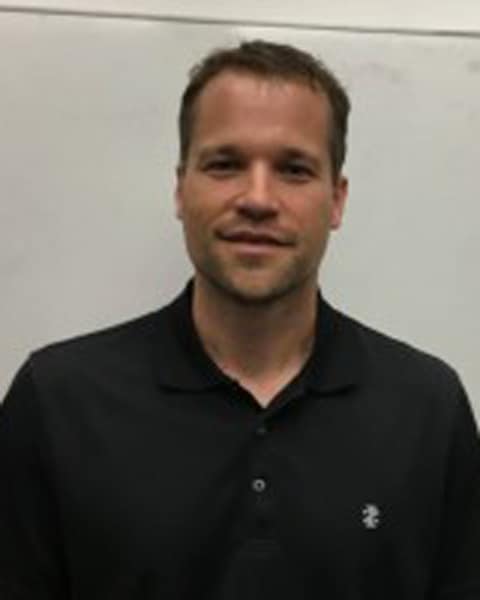
Kevin Kronfeld
Technical Fellow
Collins Aerospace
Advisory Board
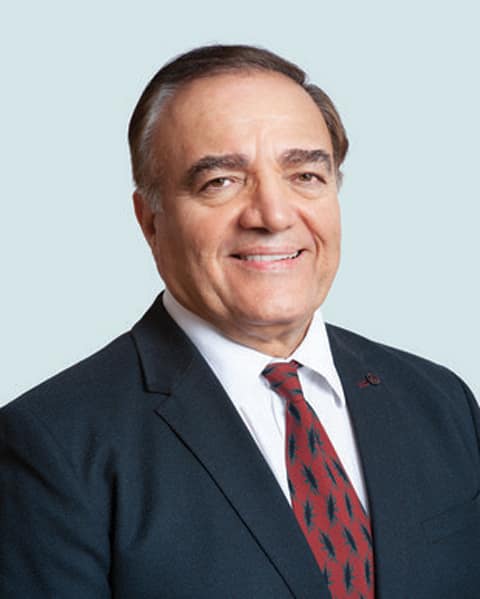
Dr. Fred Hedaegh
Research Professor in Aerospace Engineering
California Institute of Technology
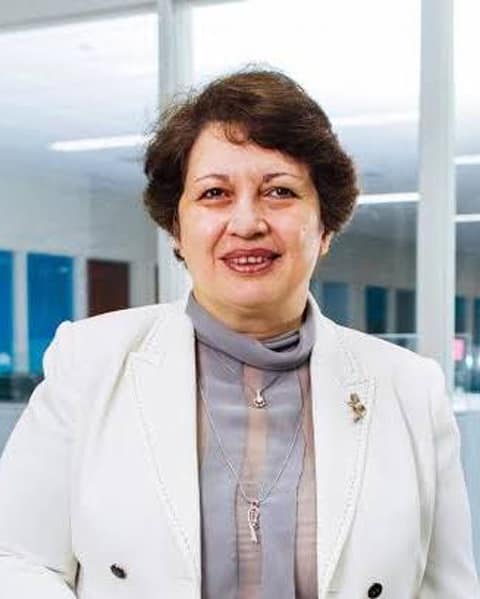
Naira Hovakimyan
W. Grafton and Lillian B. Wilkins Professor of Mechanical Science and Engineering
University of Illinois Urbana-Champaign
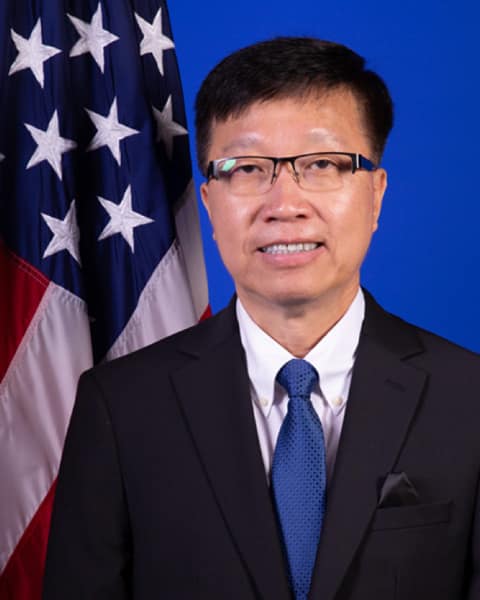
Dr. Trung Pham
Federal Aviation Administration
Chief Scientific and Technical Advisor for AI - Machine Learning

Dr. David Doman
Principal Aerospace Engineer
Air Force Research Laboratory

Dr. David Klyde
Tech Fellow – Flight Controls
Virgin Galactic

Dr. James Paunicka
Technical Fellow and Senior Researcher
The Boeing Company


